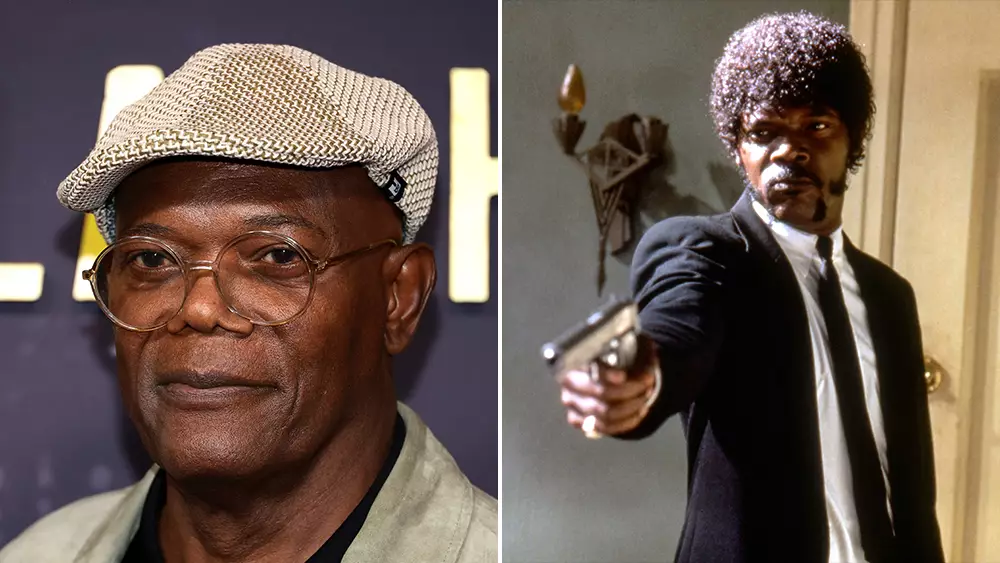Samuel L. Jackson’s enduring prowess as an actor clearly shines through in his unforgettable portrayal of Jules Winnfield in Quentin Tarantino’s iconic film, *Pulp Fiction*. Three decades after its release, Jackson’s recitation of the famous Ezekiel 25:17 passage remains a powerful testament to his talent. The recent social media post highlighting this moment reflects both Jackson’s dedication and the film’s lasting impact on popular culture. The ability to deliver such an impactful monologue without missing a beat not only affirms his skill but also emphasizes the timelessness of Tarantino’s writing. Each inflection, each pause, is carefully crafted, showcasing Jackson’s understanding of the characters and their motivations.
Released in 1994, *Pulp Fiction* revolutionized the crime genre and set a new benchmark for independent filmmaking. It deftly intertwines the stories of various characters in Los Angeles’s seedy underbelly, unraveling complex narratives with a blend of dark humor and violence. Jackson’s Jules, alongside John Travolta’s Vincent Vega, serves as a central axis around which the film spirals. The structural innovation of weaving multiple storylines—an approach that appears almost commonplace today—was largely influenced by this film. Nominated for seven Academy Awards and winning Best Original Screenplay, *Pulp Fiction* challenged conventions and solidified Quentin Tarantino as a master storyteller.
The Ezekiel 25:17 monologue has transcended the film’s narrative, becoming a cultural touchstone within American cinema. Jackson’s fierce delivery encapsulates themes of morality, vengeance, and redemption, inviting audiences to reflect on the broader implications of this scripture within the context of the storyline. The scene is not merely a violent confrontation; it serves as a philosophical reckoning embodied in Jackson’s character. Moreover, the recurring phrase, “And you will know my name is the Lord when I lay my vengeance upon thee!” resonates with audiences as it underscores the complex nature of justice—an exploration that Tarantino expertly weaves throughout the film.
The influence of *Pulp Fiction* on contemporary cinema and television is unmistakable. From the myriad of films that have sought to replicate its non-linear storytelling to the various references and homages found across pop culture, the film set the stage for a new era of filmmaking. Jackson’s performance remains a central thread in discussions about cinematic excellence, as it showcases how powerful dialogue and character depth can invigorate a storyline. Many fan celebrations, anniversaries, and academic discussions continue to highlight Jackson’s pivotal role, reminding audiences that his portrayal of Jules is not just iconic; it is a masterclass in acting.
As *Pulp Fiction* celebrates its 30th anniversary, Samuel L. Jackson’s poignant recitation of Ezekiel 25:17 serves as both a nostalgic nod to the past and an emphatic assertion that his artistry is as vibrant today as it was three decades ago. The film, with its intricate characters and compelling narratives, continues to ignite passion and admiration, reminding us all why it remains a cornerstone of cinematic history. With filmmakers and fans alike reflecting on its legacy, Jackson’s role as Jules will undoubtedly withstand the test of time, inspiring future generations of storytellers and performers.



Leave a Reply